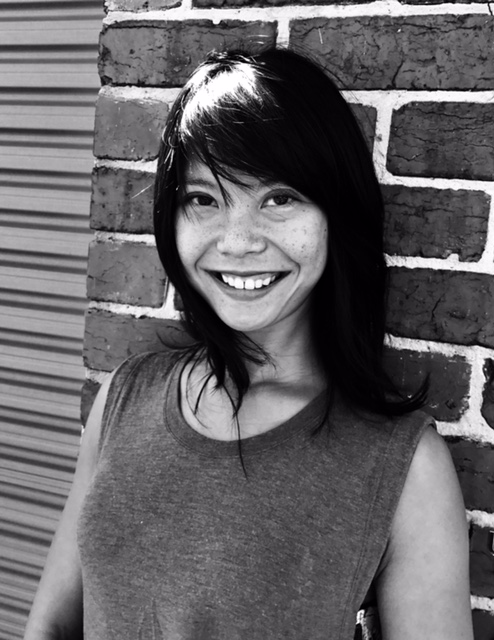Ten years in tech: The industry reflects on the past decade
Over the last ten years, an extraordinary amount of technological development has occurred, not least in the media industry where everything from content to advertising to measurement has changed significantly since 2010. In part one of this feature, Mumbrella’s Hannah Blackiston spoke to ten industry leaders to find out what they considered to be the key changes and where they think the next decade will take us.
The impact of 2019
If you’re trying to identify key issues in technology for 2019, it’s hard to go past trust as one of the biggest. The conversation over the last year often focused around a lack of it, with the Australian Competition and Consumer Commission (ACCC) concluding its Digital Platform Inquiry (DPI) with recommendations around mass reform and investigation into advertising and the tech giants.
The focus on trust and increased interest in privacy has rolled out across the industry as a whole and led to change in other areas too, says Yun Yip, partnerships and country manager for MediaMath ANZ.

Yun Yip says changes in how consumers view data has had a huge effect on the industry

